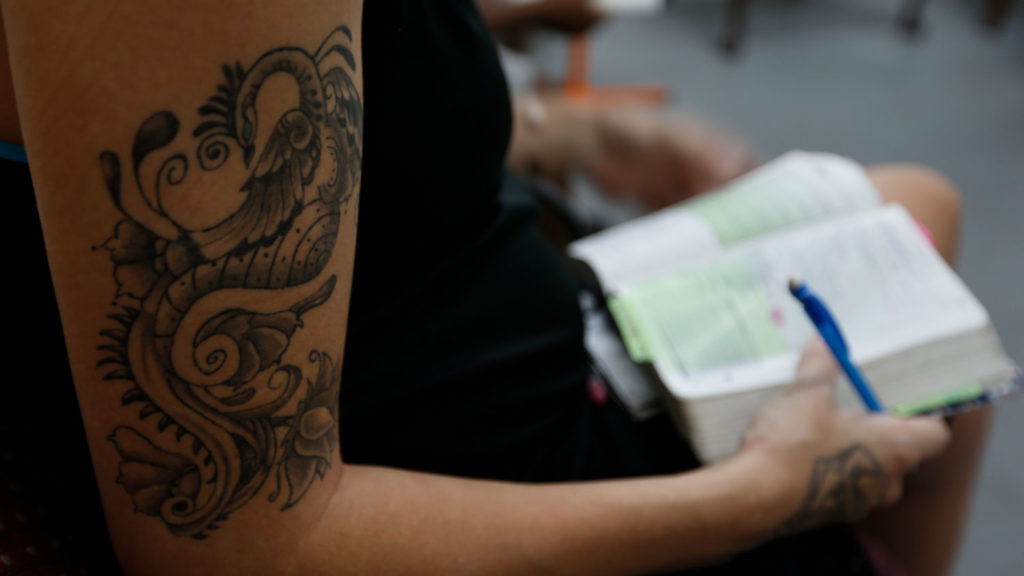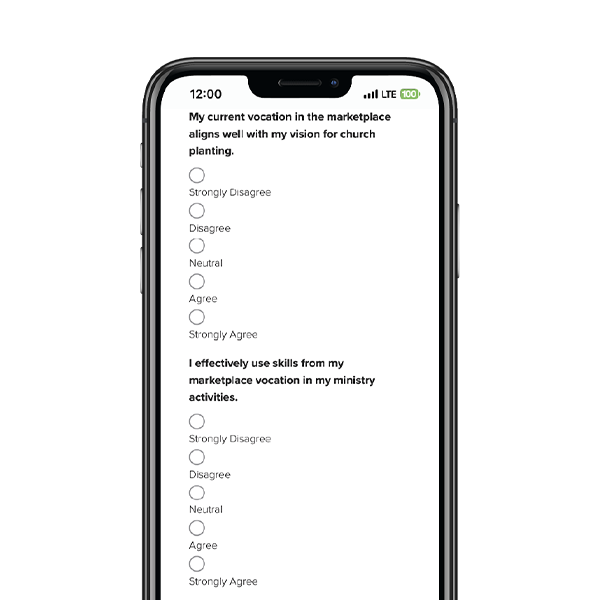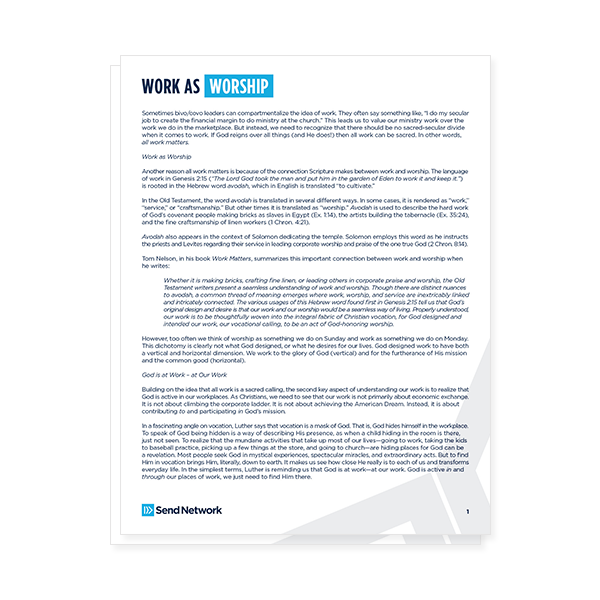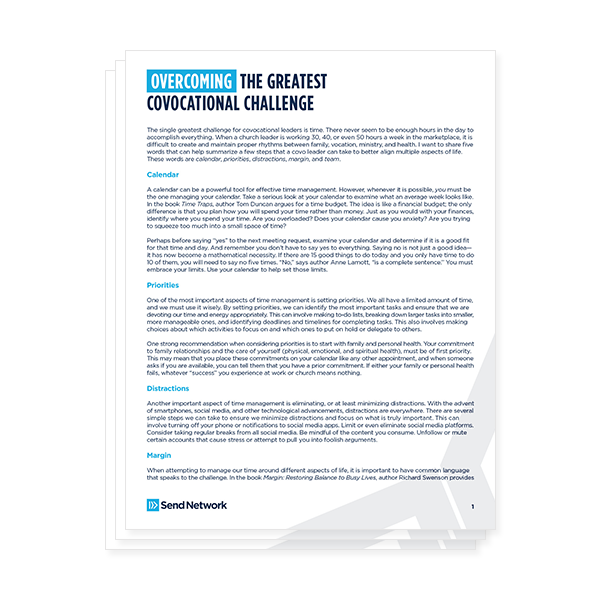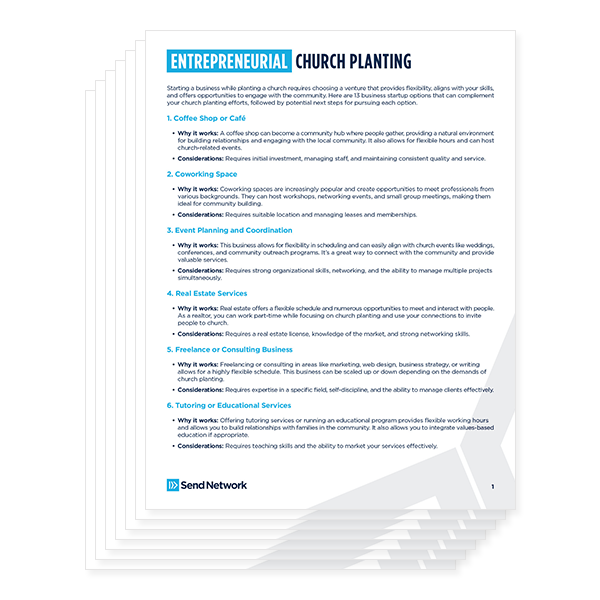One of the most influential theologians in my life is a musician. Songwriter Michael Card’s exegetically evocative and lyrically beautiful songs drove me, as a young teenager in Mississippi struggling with a call to preach, to love passionately the mystery of Christ. I can hardly overestimate the ways in which his biblically rich songs (such as, perhaps my favorite, “He Was Heard”) have shaped both my understanding of Scripture and its application to my doctrine and life. And because of this, I was always careful to pay attention when I heard Michael Card speak.
Several years ago, on a broadcast of Card’s Moody network radio program “In the Studio,” Card talked about Christian mentoring with New Testament scholar George Guthrie of Union University. At the forefront of the discussion was a now deceased man who had been a mentor to both Card and Guthrie: William Lane. Lane, a New Testament scholar who specialized in the book of Hebrews, discipled Card during their time together at Western Kentucky University, where the older man began a lifelong friendship with the musician-theologian.
On the broadcast, Card speaks about how Lane never said, “Here is how I am mentoring you.” Instead, he just spent time with Card, talked about life with him and modeled for him in small ways what he considered to be the marks of a Christian. What Card brings forth as one of the greatest lessons he ever learned from Lane is not a curriculum or a step in a program. Instead, it is the memory of the time when travelling overseas with Lane, Lane insisted that Card sleep in the only bed available while Lane slept on the floor. Card says that all he could think about that night is the awkwardness of the fact that he, a college student, was comfortable in bed, while a brilliant New Testament scholar was on the floor around the corner. It hit him that what Lane was doing was teaching his protégé the Bible. From this, and other moments like it, came Card’s song about Christic servanthood, “The Basin and the Towel.”
There’s much talk about mentoring today among Christians. Often I find that some expect mentoring to be a clearly defined program, with a man announcing to a younger man: “You are my protégé. Today I have mentored you.” But, as Card points out, that’s not the way real Christian discipleship works. The greatest part of mentoring doesn’t seem like mentoring at all, just like friendship. Peter, James, and John probably didn’t say to themselves while walking to Gethsemene, “Here we go, boys. This is going to be the Gospel of Mark, chapter fourteen.” They thought it was just a walk.
The metaphor of the walk is especially important for Card in his moving book, The Walk, which is a memoir of his relationship with Lane. Card talks about his daily walks with Lane, about the sound of Lane’s booming voice, about the way Lane was there to help rescue the young contemporary Christian music artist from “success” in the “industry” and from bitterness at that same industry. Most significant of all, however, is Card’s description of his final days with Lane, after a life of friendship.
The biblical scholar learned he had terminal cancer. He told Card he hoped to show him how a Christian man dies. The final words of the book are poignant and filled with hope, as Card describes what it was like to hold Lane’s hand as he died:
“I look at his hand, the familiar ring. I remember seeing him gesture as he would lecture. His breathing is labored and starting to slow down. Soon he will be gone. ‘When does it cease to be his hand?’ I ask myself. Bill would be the first person I’d ask such a question, if he were able to answer me now. Is this the first time I’ve ever really seen that hand? I look at my own hand and wait for him to fall asleep.”
“Like most great truths, it is a paradox. In order to really see something for the first time, it must be as if you are looking at it again for the last time. But this will not be the last time, if what my faith tells me is correct. I will see Bill and this hand again, I will be hearing that booming voice over the multitude, singing praise to God. ‘Look, beaaautiful!’”
Bill Lane didn’t know that his afternoon walks would have this kind of impact on this one man. And he didn’t know that such influence on this man would have such impact later on others. He just understood discipleship, and friendship, and the gospel of Jesus Christ.
And his teaching goes on. As a matter of fact, I hadn’t thought of it until I was typing this paragraph. The most influential Michael Card song in my own life, “He Was Heard,” is drawn from…the Book of Hebrews.
Pick up a copy of The Walk. Better yet, go for a walk. And look forward to the day when we will see Michael Card and Bill Lane once again walking together, talking about some issue or another. Maybe, in the presence of the Christ for whom he has written lyrics, Michael will sing a song for us. And maybe Bill will too.
Aim for more as you make disciples. Be a mentor, and invest in their lives with yours.
Published October 2, 2017
